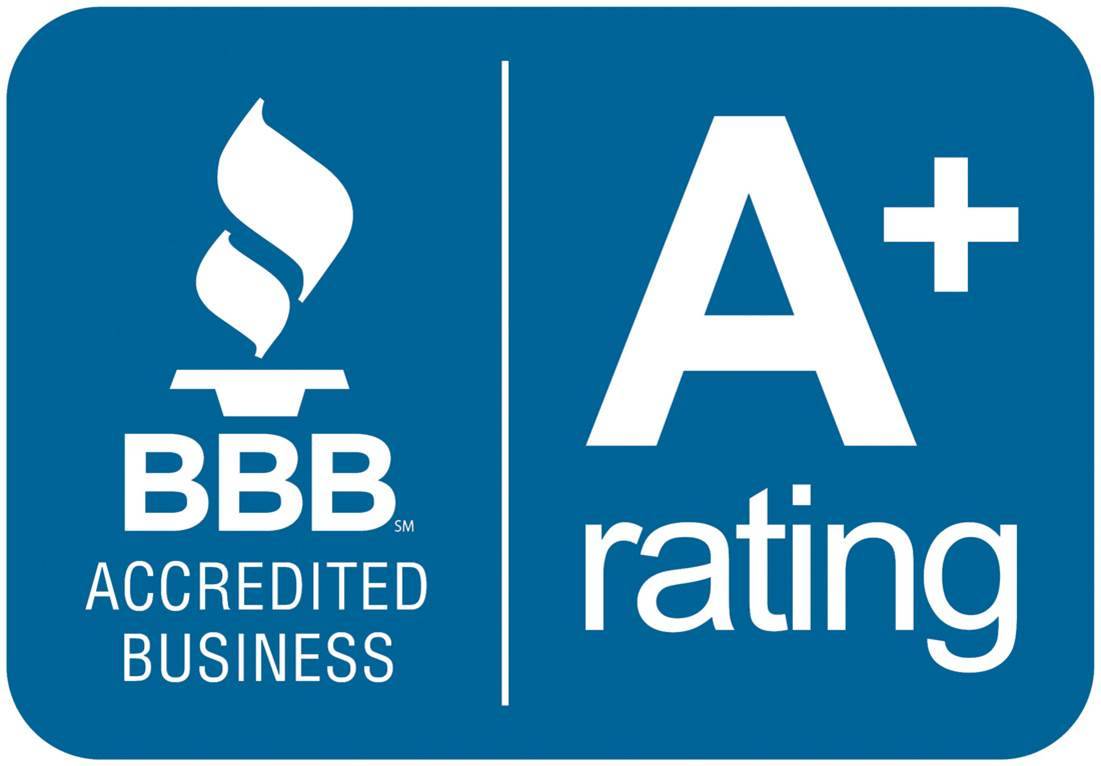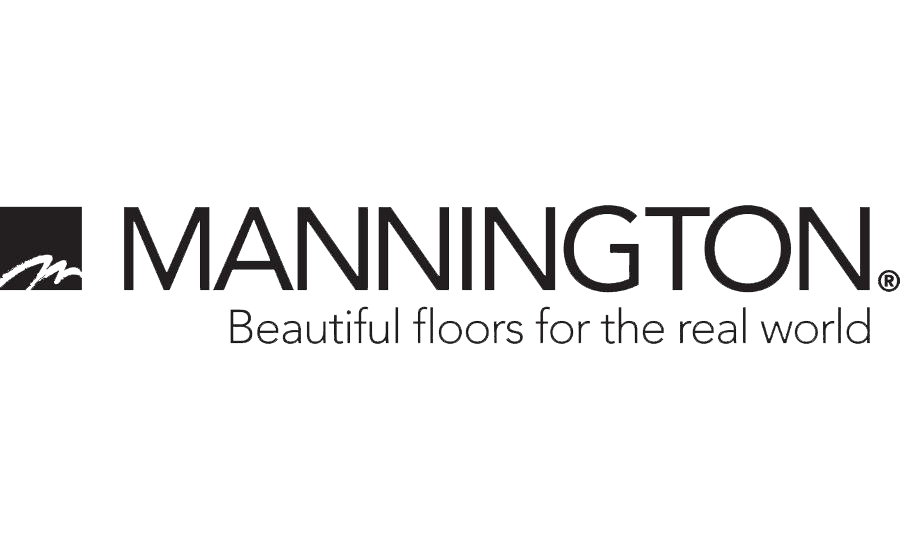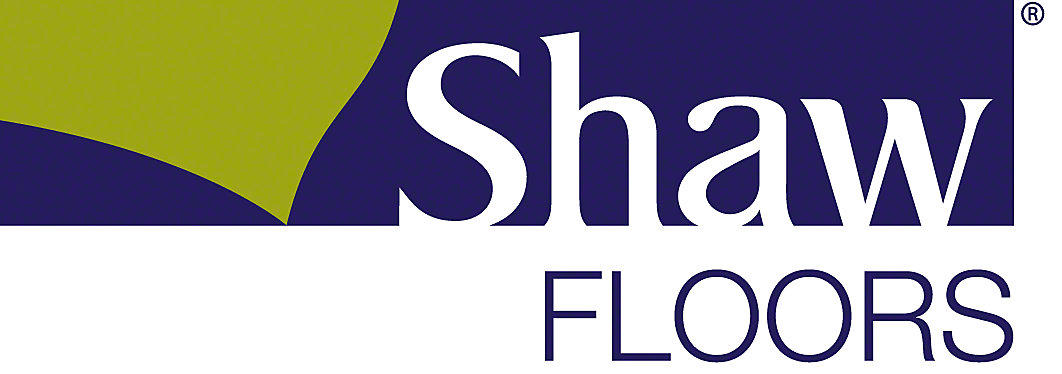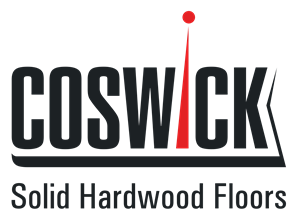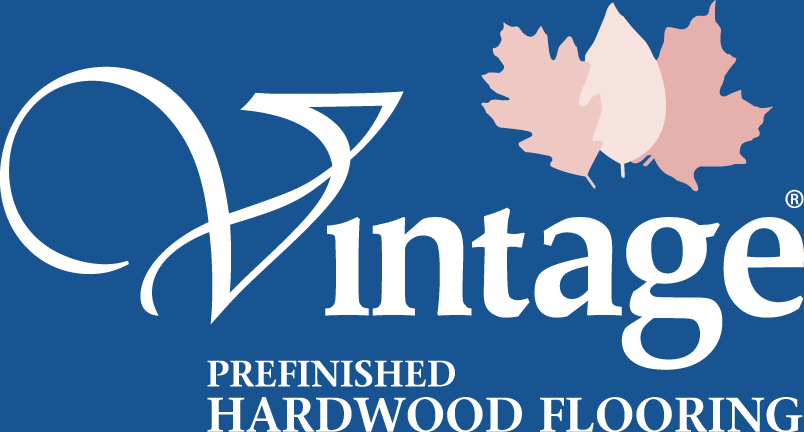We are excited to announce that we have relocated to a new address, 1140-21331 Gordon Way, Richmond, BC V6W 1J9, Canada.
Our previous location unfortunately suffered damage from a fire, but we have now reopened and are ready to welcome you at our new place.
Please feel free to give us a call at (604) 278-6256. We can't wait to see you!

“Island Carpet has been proudly providing flooring in Vancouver since 1971. (604) 278-6256
Laminates or Vinyl Planks?
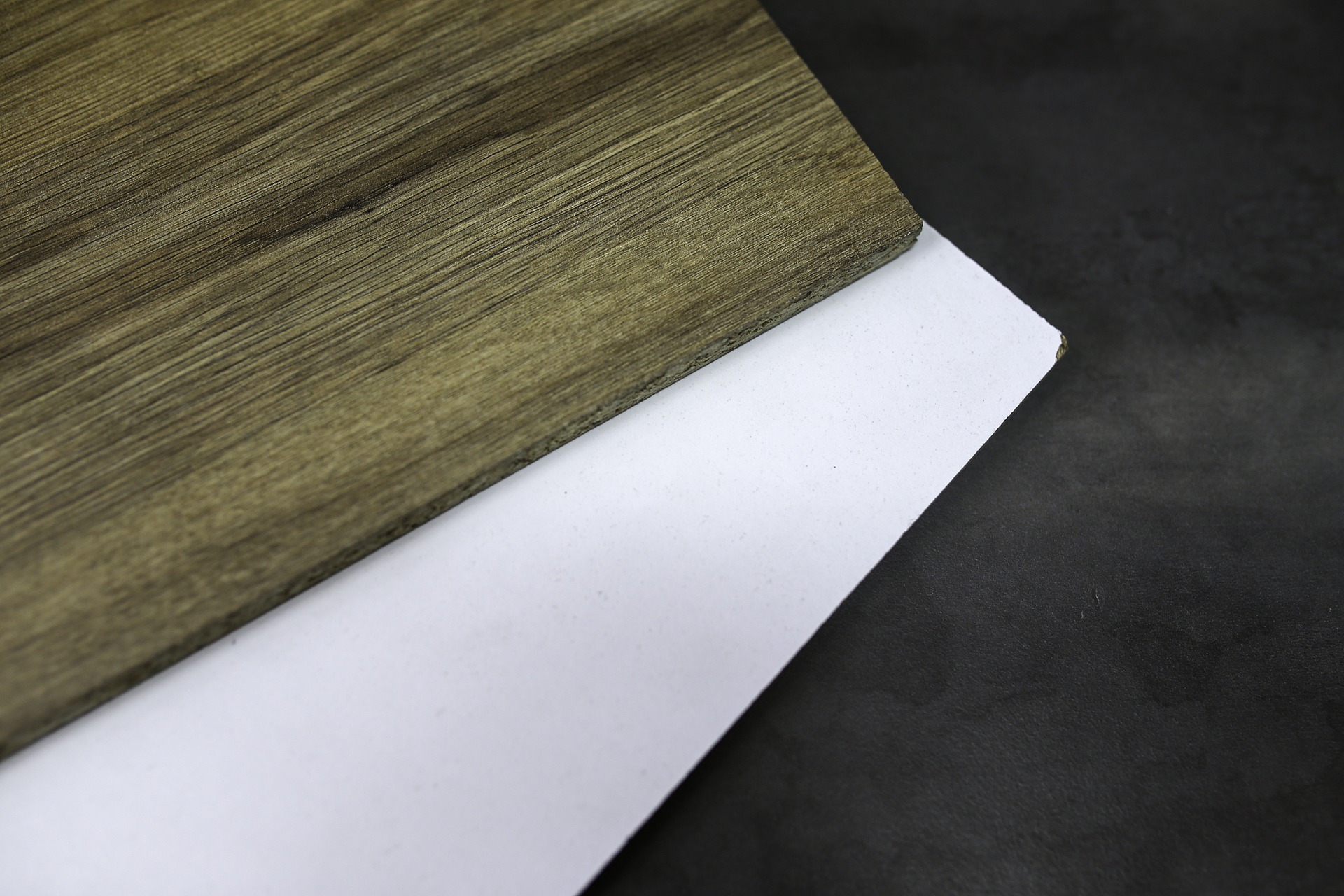
Here we will discuss the benefits and differences of these two types of flooring.
Laminates have been around a long time and have evolved into a very realistic wood looking floor. You no longer have to purchase a plastic wood look and can now fool your friends and family when you purchase the right one. They come in a variety of thicknesses and quality levels, generally ranging from 8mm to as high as 16mm thick. Don't be fooled by a 16mm that is cheaper than an 8mm. Thickness does not always dictate quality. The quality level of the core material is what you need to be concerned with. This is a commodity sold on the market with varying degrees. The bigger more well known companies buy top quality core material with a low swell rate. The swell rate is the amount your core will swell when moisture is introduced. High quality is usually between 4% to10% swell rate. I have seen lower quality cores swell as much as 35%. If the moisture is not catastrophic flooding, you have a good chance of drying the laminate and shrinking the damage about 5%. With a low swell rate floor, you may have only a little damage. Obviously with a high swell rate floor, you now own a lot more flooring than you bargained for and will have to replace it. Remember, all laminates are waterproof on top. It's the joints and locking mechanisms that are not. This is where your core material is vital. Look for warranties that show the words 'wet moppable' and make sure it comes from a manufacturer that has been around for a long time and has the ability to stand behind their warranties. Laminates are floated and require your substrate to be level, in order to keep your warranty valid.
Vinyl Planks are generally waterproof, within reason. Severe flooding will damage pretty much anything. Typical spills and leaks will not hurt them, provided you buy a decent one. Same old same old, you get what you pay for. Like laminates, they come in a variety of thicknesses. They can also be glued down or floated. Many come with a pad already attached for the floating applications. For glue down planks, you can choose between 2mm to 7mm thick floors. Your substrate does not need to be as level as a floated floor, however you do need to use a patching compound to smooth any inconsistencies in the sub. Once you have smoothed it, the glue will hold the floor down. Without patching compound you will see any ridges or bumps transfer through the product. This does lessen with thicker 5mm and 7mm glue down planks. Thicker planks use much less prep and labour, but are more expensive to purchase.
For floating planks, I recommend at least a 4mm clic, preferably a 5mm. Your substrate needs to leveled to the same extent as laminates. Thinner floors are easier to break. Make sure when holding a sample, that you can't snap the clic portion off of the plank with your fingers. This is usually the domain of the cheaper clic floors. You run the risk of your floor breaking apart, as well as creaking and groaning badly, particularly if the leveling is not precise. This usually starts to happen a few years after the labour warranty has expired. Any floor will last 3 to 5 years. We want your's to last decades.
Laminates have a harder surface than vinyl planks and are extremely difficult to scratch. It's not impossible to scratch them , but you really do have to work at it.
Vinyl Planks are softer and scratch more easily, but it is still hard to do. Think durable kitchen vinyl/linoleum that you have had over the years and how well it performed.
We recommend getting felt pads and placing them under all of your furniture in order to minimize scratching. This will also make it easier to move things to clean behind.
Both products have their benefits and drawbacks. The main ones being water damage and scratching. You need to figure out which is more important and run with it. As long as you buy quality product and labour, you really can't go wrong. If it is installed correctly, you will have years of enjoyment.
Please pop in and visit us for your no obligation flooring education. We will fill you in with what you need to know!
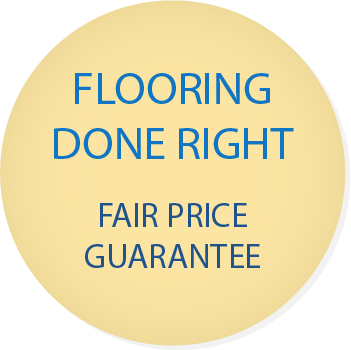
Our pricing has always been fair. 100% satisfaction

We have been providing quality flooring products and installation for nearly five decades
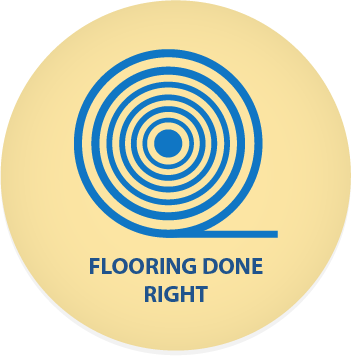
Quality installaton done right the 1st time
